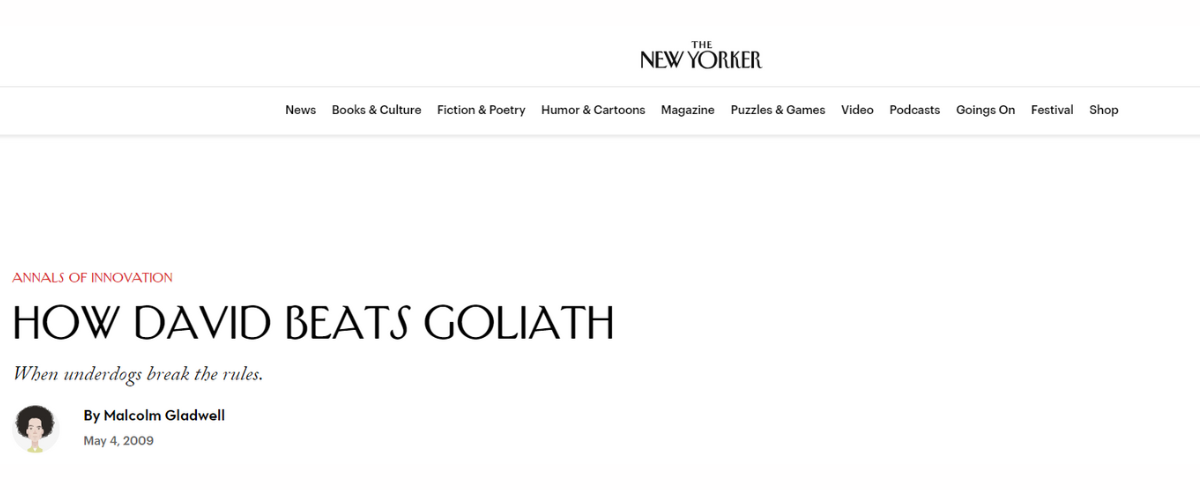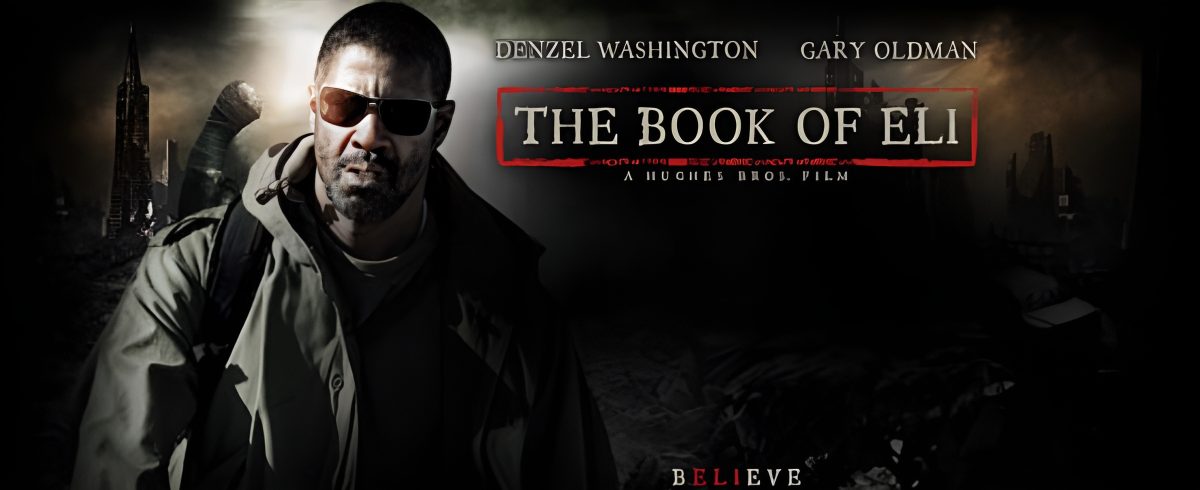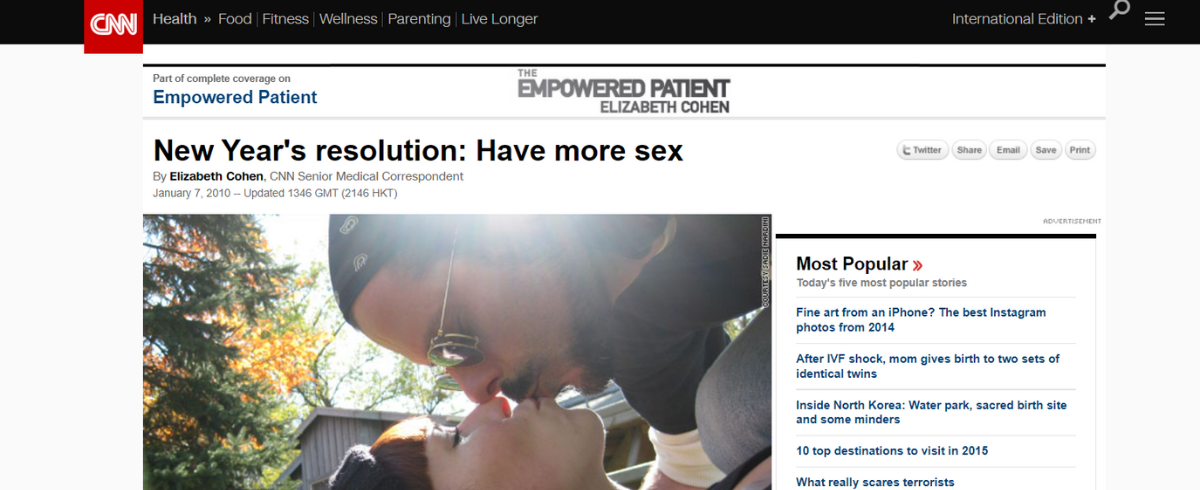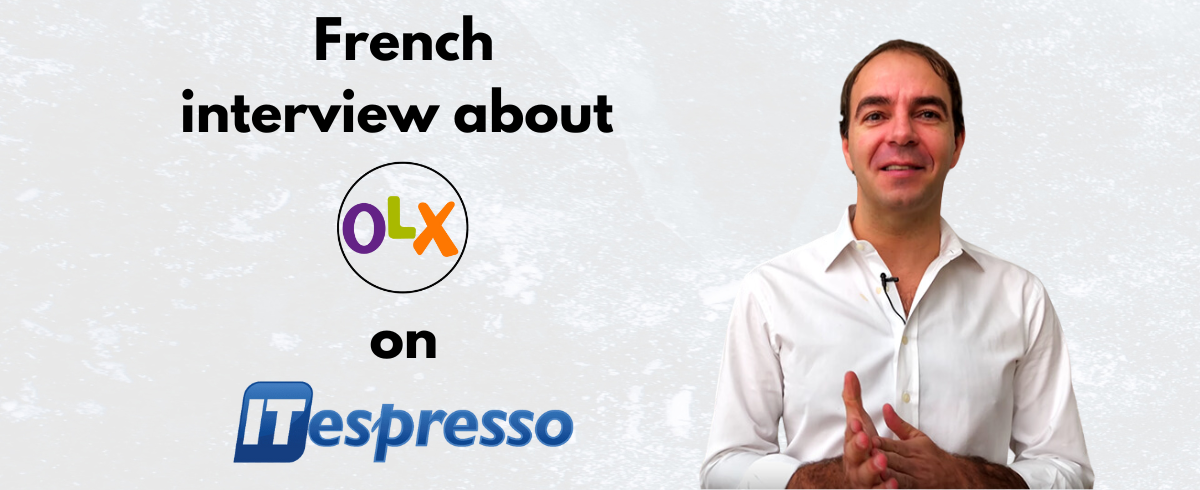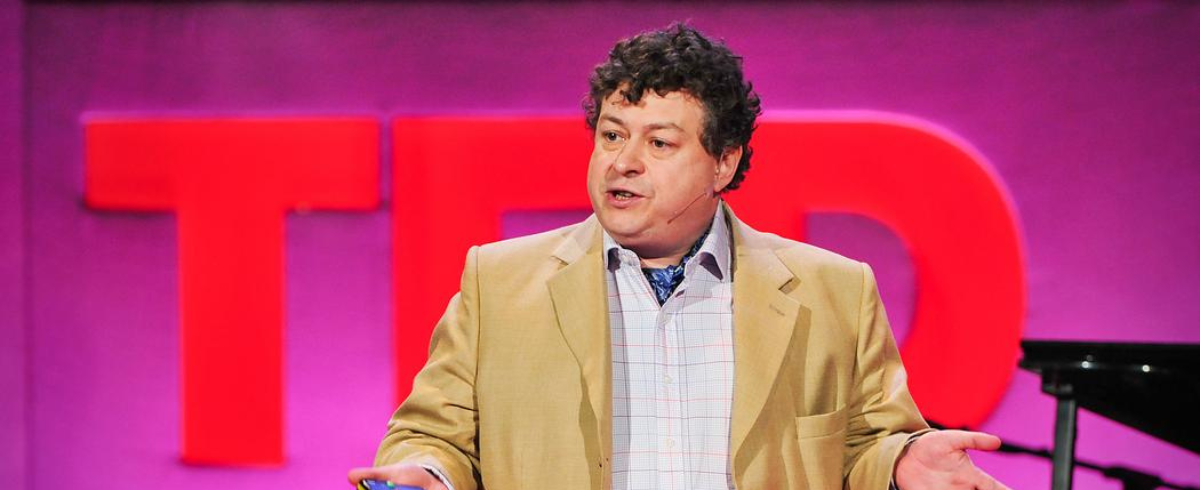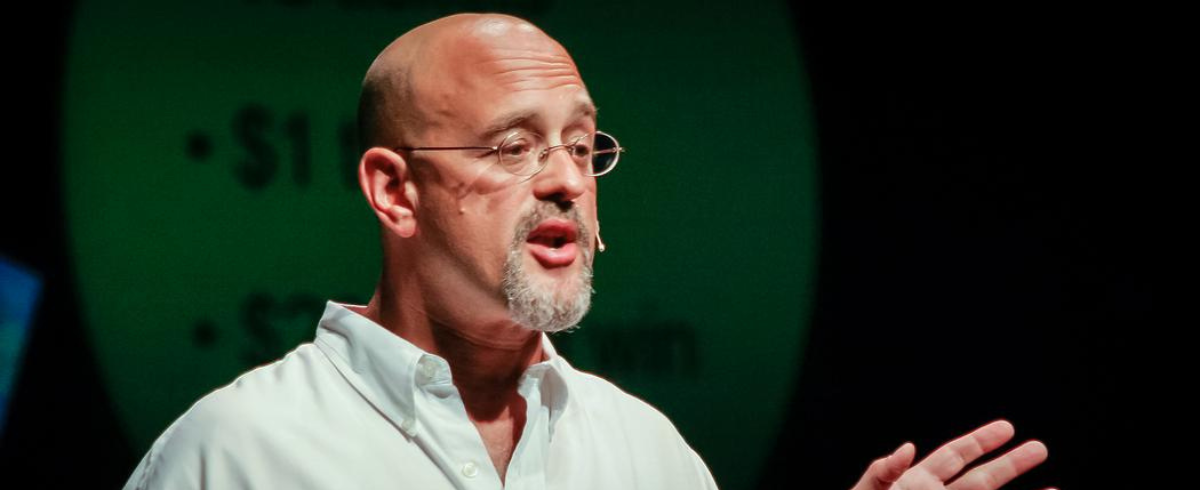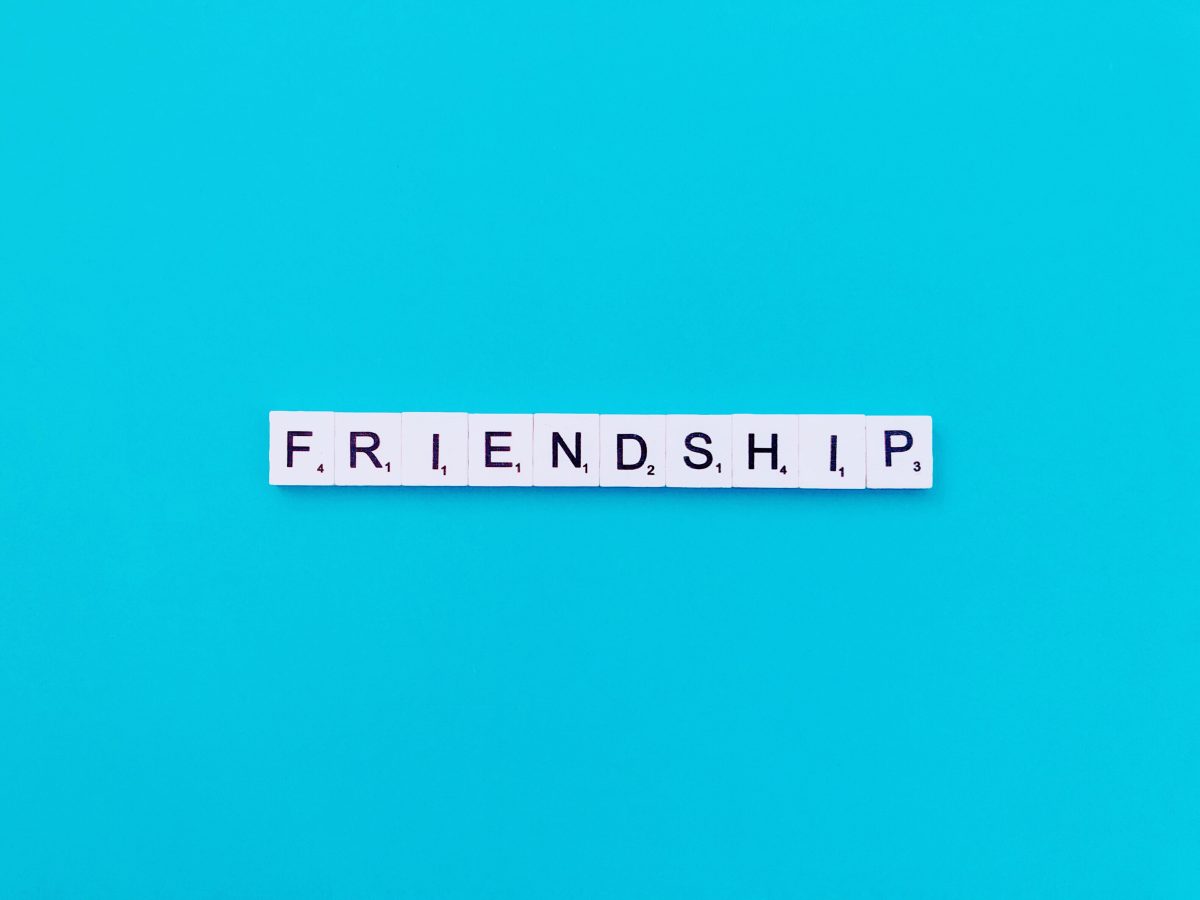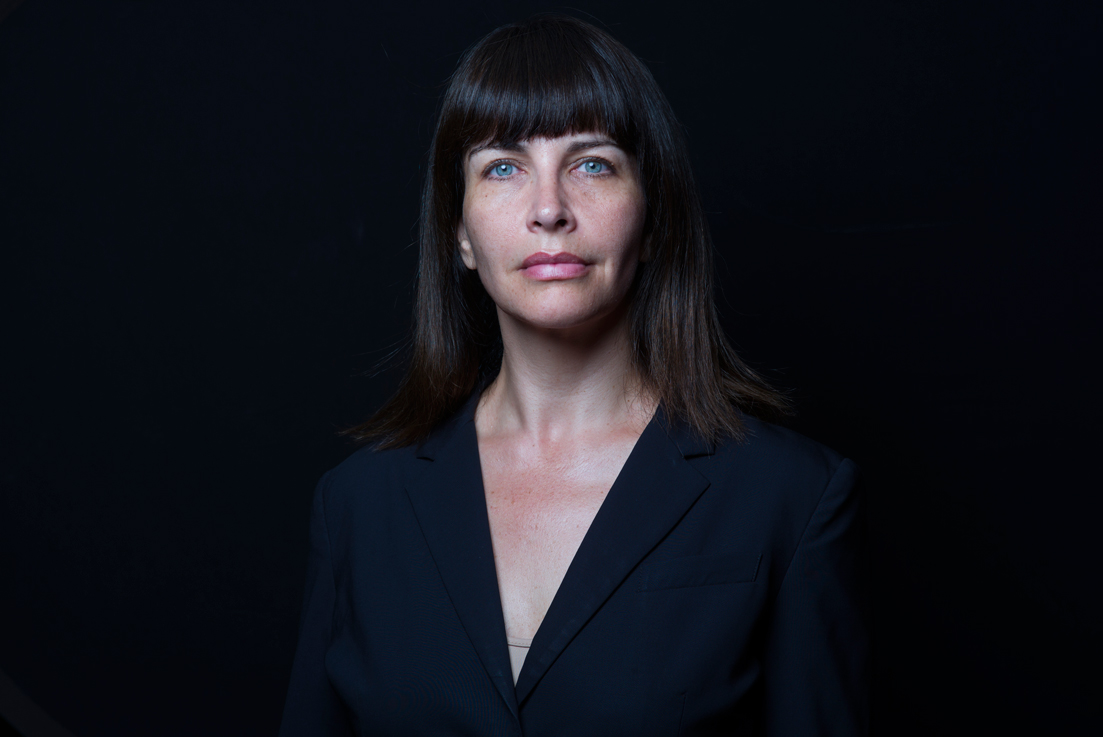Looking at the most successful Internet and technology companies of the past few decades, it’s shocking to see how many have two or more founders: Google, Apple, Microsoft, Intel, Youtube, Skype, Yahoo to name a few all have multiple founders. Even Oracle which is closely associated with Larry Ellison has multiple founders. It’s much harder to come up with super successful Internet companies which only have one founder. Amazon and eBay seem to be the exception and Jeff Bezos is all the more exceptional as he is still CEO. The same applies to up and coming Internet companies which also seemingly all have multiple founders: Gilt, Yelp, Facebook and Twitter.
I would not have expected this result. Running a successful starting requires clear and rapid decision making: you ask everyone’s opinion and make an informed decision and assess its impact. If it’s a product decision, you A/B test the top few decisions and keep refining. There is no time to find the democratic consensus, the field is too dynamic and competitive and from experience the consensus decision is usually worse than an informed rapid decision followed by rigorous A/B testing with continuous refinement. I would have suspected that having multiple founders would slow down the decision making as the co-founders would have to agree on a decision before it gets taken.
Moreover, most marriages end in divorce. Why would it be any different for business relationships especially given the stress that the two partners are under and the financial stakes involved? In fact, I would have expected that companies with multiple founders to be more likely to fail than companies with one founder for that very reason as two disagreeing founders would tear the company apart.
If someone did the analysis, I would bet that companies with multiple founders are more likely to fail than companies with one founder, but when they succeed, they are more likely to succeed in a bigger way.
There are four reasons why having a partner might make a huge difference:
1. If you can’t convince your friends to join you, you probably should not be starting the business.
Your friends are likely to be your most lenient audience: they have no choice but to listen thoughtfully to your crazy ideas so if you can’t convince them you are in trouble. It might be that your idea is not convincing, maybe it does not meet the 9 business selection criteria? 🙂 Alternatively, you might not be an effective pitchman for the idea. This is even worse, you can always find a better idea, but ultimately a startup CEO is a salesperson: he has to sell his vision of the world to investors, employees, customers, the press and anyone who will listen!
2.Being a startup founder is incredibly lonely and it’s great to have someone to pick you up when you are down and keep you grounded in reality when you become exuberant
As the sole founder you always have to exude confidence in your vision, idea and ability to execute, but the reality is that life in general and startup life in particular is anything but a continuous series of uninterrupted successes. There are countless ups and downs. While at Zingy for the first two years we were continuously on the verge of bankruptcy. We missed payroll countless times and I would raise $25k or $50k at the last minute to belatedly make payroll. Sharing those problems with existing investors, potential investors, partners and employees would have only made them worse. It would have been great to have someone to share my fears with.
Having a partner also makes you much more resilient as you don’t want to let him or her down. There is a magical esprit de corps that forms when you are working intensely with other people. Beyond having someone there to cheer you up when things go wrong, this fear of letting your friends down keeps you going no matter what!
3. It’s necessary to have a strategic sounding board
In a startup, you typically hire people based on their functional expertise: a fantastic VP of Marketing or Head of Engineering. You want to hire the very best at every position which means almost by definition that those people are hyper specialized. They are significantly better than you would be at what they do, but they don’t have the same global perspective and vision. That’s ok, but it’s your job as founder and CEO to define it. However, startup success is so much about effective execution that you can easily get lost in the details and forget the big picture.
It’s important not to lose sight of strategic considerations as they ultimately determine how much value you are creating. In other words, it’s not just important to implement the right billing platform but to make sure we have selected the right business model. Similarly, we need to be cognizant of the macro environment. Valuations may be inflated or the competitive dynamics may be about to shift dramatically suggesting that now is the time to sell.
It’s easy to lose sight of all this while you are busy executing. There are alternatives to having a founder for these roles: throughout my life, I have had the pleasure of having fantastic strategic advisors: my friends from McKinsey like Bryan Ellis, thoughtful businessmen like my dad, other Internet entrepreneurs and more recently my amazing VC board members at OLX: Jeremy Levine and Joel Cutler. However, I know how privileged I am to have been surrounded by such amazing people. Many entrepreneurs don’t have the same business background and network and a co-founder is a fantastic sounding board for strategic ideas.
4. There is so much work to do, it’s good to have someone you completely trust to split it with
Many people imagine that a CEO merely sits in his office thinking big thoughts. I doubt that’s the reality at large corporations and I know it’s not in startups which are perennially under staffed relative to the amount of work they have to do. As a founder you have to be willing to do whatever it takes to succeed. Chances are you will be involved with PR, legal issues, partnerships, product decisions and much more! So much time is spent dealing with fires (we just got sued, this huge company is willing to sign us but we have to be ready by tomorrow, etc.) that it’s good to be able to split the work with!
Not only are there four good reasons to have a partner, but currently having had a Co-Founder and Co-CEO for three and a half years, my aforementioned fear of it slowing down the decision making process was overrated.
My partner is Alec Oxenford. I have known him for 11 years. I met him when his friends and he were considering what to do on the Internet in Latin America and I provided them with the business plan and technology to create Deremate, an adaptation of eBay for the Latin American market.
We have extremely similar backgrounds: he went to Harvard, I went to Princeton. He worked at BCG, I worked at McKinsey. He was CEO of a copy of eBay for Latin America, I was CEO of a copy of eBay for Southern Europe.
You might have argued that our similar backgrounds would lead to conflicts over who does what. What’s interesting is that we never once discussed our respective roles – we fell naturally into them based on geographic location, linguistic ability and personal preferences.
He is based in Buenos Aires where 110 of our 140 employees are based so he takes a much more hands on role in hiring and day to day management. Similarly, his more attuned political skills mean that he takes care of solving conflicts in the company and plays a much bigger role in post-merger integration. Given his linguistic skills, he obviously takes the lead on Spanish and Portuguese related partnerships and PR (public relation) opportunities.
Because I am based in NY closer to where our investors and potential investors are, I take more of a lead in IR (investor relations). Given that I am at a stage in my life where I have an easier time to travel (I am single while he is married with two amazing kids), I take more of a lead in frontline M&A (identifying and speaking with potential acquisition targets in the early stages of the process) and BD (business development). Given my linguistic skills, I take the lead on French and English PR opportunities. Finally, I care deeply about product decisions and involve myself more closely in the product planning process.
What is interesting is that our skill sets are essentially identical. We could actually successfully swap roles and often cover for each other when one of us is at a conference, on vacation or if there is some sort of fire that needs to be put out.
We are equally involved in strategic decision making. It’s the one place where a slight difference emerges, he is much more conservative by nature and I am much more gung-ho. Even there our differences balance each other and let us reach a better outcome. Interestingly enough, our board members also have a similar distinction: Jeremy is more conservative and Joel more aggressive. (BTW this is not to say I prefer Joel to Jeremy – they are both extremely smart and thoughtful and the discussions all four of us have had have proved invaluable). As an aside, Jeremy seemed like a new man in the last board meeting ready to conquer the world and take no prisoners. I was fun to see! I wonder if the rumors that one of his portfolio companies had recently received a $500 million buyout offer had anything to do with it 🙂
Any combination of founders works, but similar people who respect each other is probably best
The common recommendation is for a business founder to join forces with a technical founder. When I look at successful startups though there does not seem to be a rule. If anything there are more teams were all the founders have technical background (e.g.; Google) than mixed teams. From my experience with Alec, I can glean why that might be: if you understand where your partner is coming from, you are in a stronger position to respect his choices and mutual respect and trust is essential to sustain the partnership – just like in a marriage!
I actually once described my relationship to Alec as a good marriage, but he immediately corrected: “it’s much better than a good marriage: we never argue about anything and never fight!” He should know: he has been in a fantastic happy marriage with an amazing girl for over ten years!
The conclusion is clear: if you are creating a startup get at least one partner!


